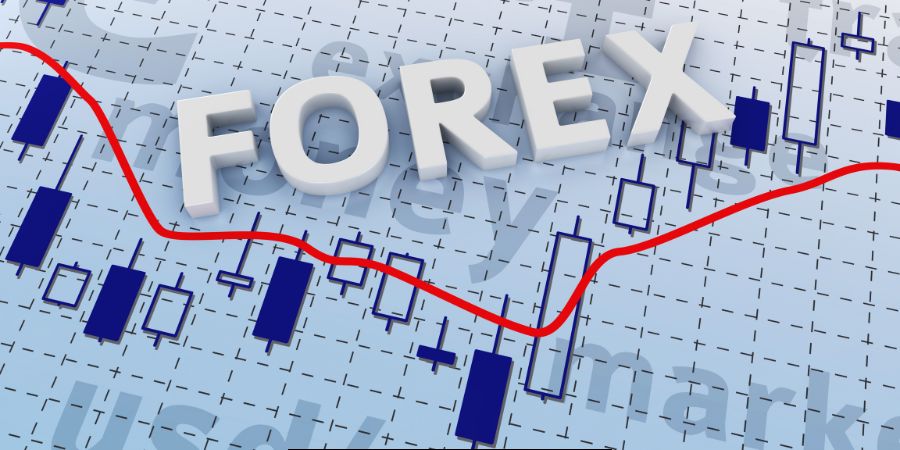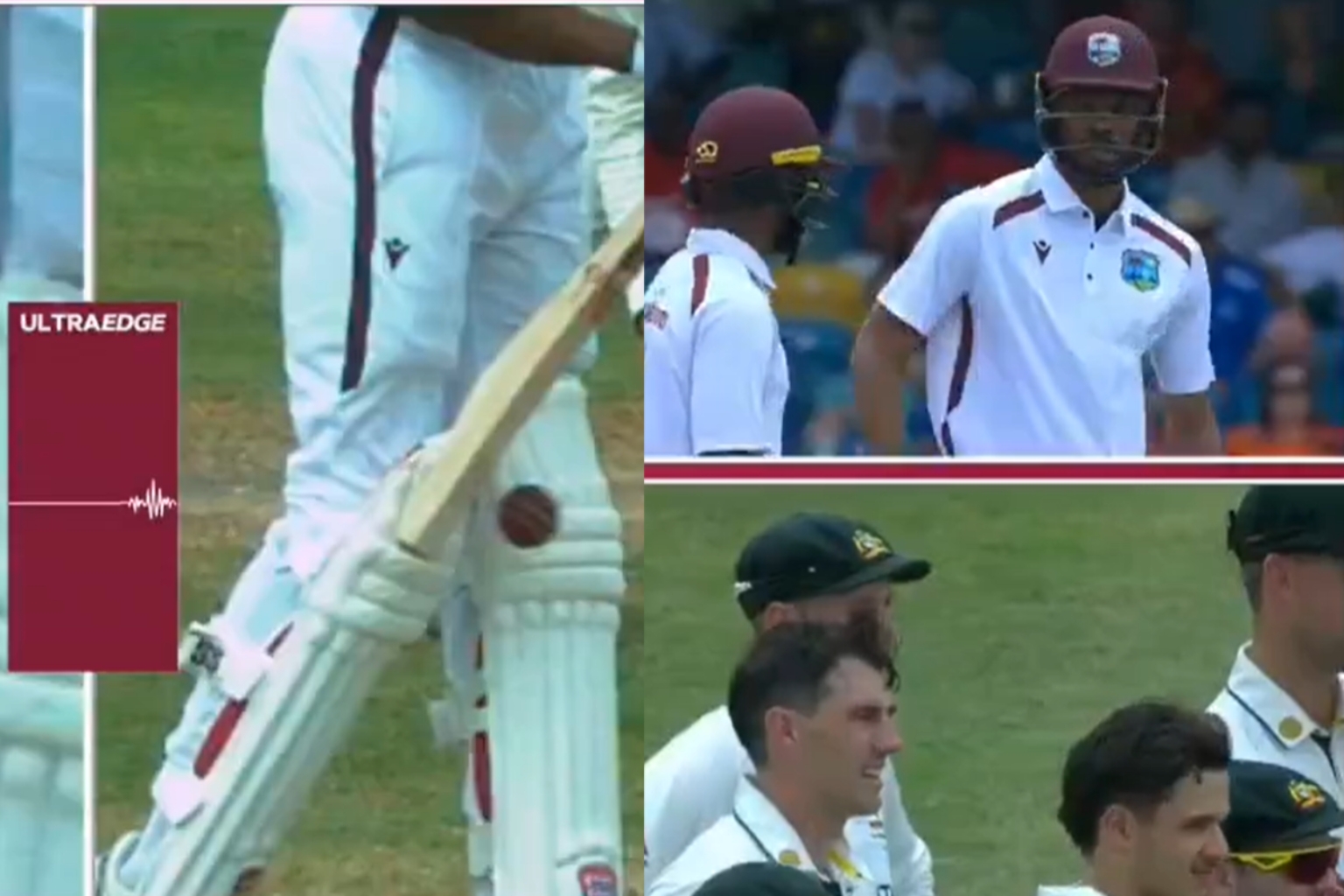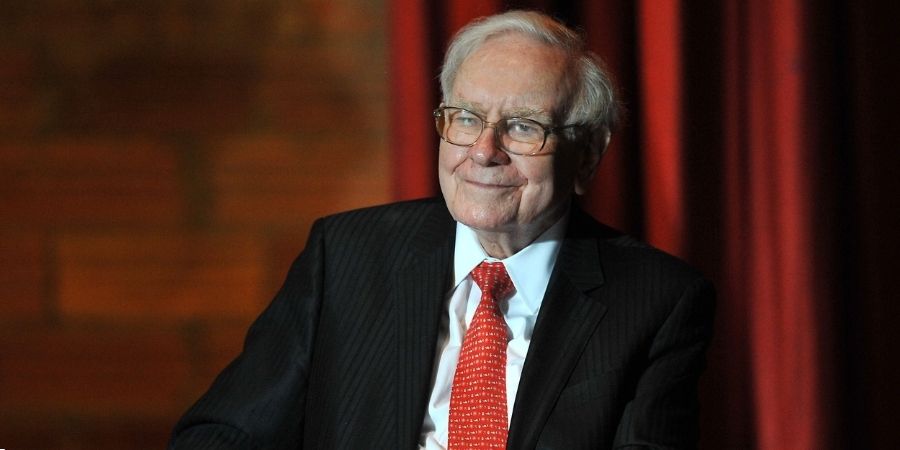In foreign exchange trading, people buy and sell different currencies trying to make profits when currency exchange rates move. This market stands as the biggest and most rapidly exchanging financial marketplace worldwide and processes multiple trillion-dollar trades daily.
Core Concepts
- Currency Pairs: People engage in forex trades when they deal with currency pairs. Pairs describe how much one currency is worth compared to another. The EUR/USD exchange rate shows how much one Euro trades for one US Dollar.
- Base Currency and Quote Currency: When trading currencies a base currency stands as the first side of each pair and the second currency acts as its quote counterpart. In forex transactions, EUR/USD pairs the Euro functions as the base currency and US Dollar acts as the quote currency.
- Exchange Rates: Exchange rate movements reflect changes in economic conditions political situations and social activities around the world. Traders try to make money by identifying currency market price movements.
- Going Long and Going Short: When traders purchase currency pairs they expect the base currency to grow stronger against the second currency. An investor sells a currency pair when they want to make money from a base currency’s value decreases.
How Does Forex Trading Work?
- Market Access: Online brokers let traders connect to the foreign exchange market. These firms supply trading systems containing live currency market data plus tools for charting and transmitting trading instructions.
- Opening a Position: To enter the market traders must place an order that includes either the purchase or sale of a currency pair with a clear price direction.
- Leverage: Traders control lucrative market positions using small funding thanks to leverage in forex trades. The use of leverage increases earnings but also grows trading losses.
- Closing a Position: You end a trade when you place the direct opposite order. When traders initially purchased EUR/USD they must continue the position by selling back to the market.
- Profit or Loss: Traders calculate their trading result by subtracting the exit price from the entry price while multiplying it by position size and leverage.
Exchange rates react to different economic variables. Numerous factors influence exchange rates, including:
- Economic Data: Economic data about GDP growth inflation interest rates and employment determines what currency values will rise or fall.
- Political Events: Political stability, geopolitical events, and policies can result in fluctuations in currency
- Global Events: Market reactions to international emergencies and natural disasters impact currency prices all over the world.
- Market Sentiment: Market participants react to changing market feelings which push or pull currency values.
Types of Forex Traders
- Day Traders: Those traders enter and exit trades before trading days close.
- Swing Traders: Traders invest in the market for days to weeks to benefit from temporary market direction changes.
- Position Traders: Market traders keep their positions active over many weeks or months while waiting for long-term market direction to influence their trades.
Risks and Rewards
Trading foreign exchange markets combines substantial benefits and dangers.
- High Liquidity: The forex market stays open continuously so traders find it easy to move in and out of market positions.
- 24/5 Trading: Traders have access to continuous trading starting from Monday morning through Friday night.
- High Leverage: Using leverage helps traders grow their earnings yet puts their funds at higher danger of falling drastically.
- Volatility: Money market values can jump drastically making traders lose money easily.
- Geopolitical Risks: Market behavior changes sharply during unexpected political developments.
Conclusion
Forex trading exists as a challenging market system that demands advanced expertise in risk controls along with constant educational growth. This market can create large returns but comes with multiple possible financial dangers. People new to trading should first study market behavior then start and protect their money through proper risk control.
Disclaimer: This document exists for educational use alone and cannot replace professional financial guidance.
Before starting any forex investments seek expert guidance and learn everything you can about the market.













